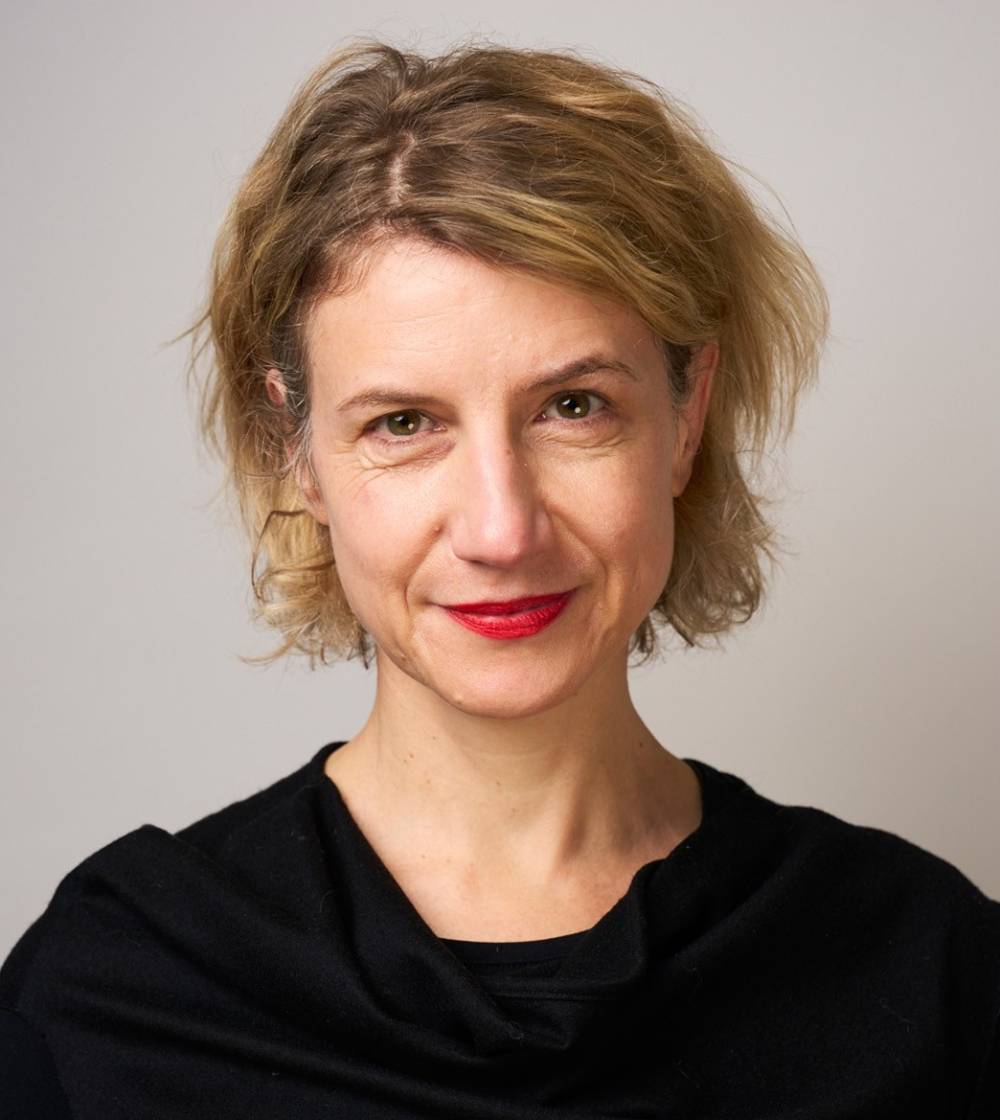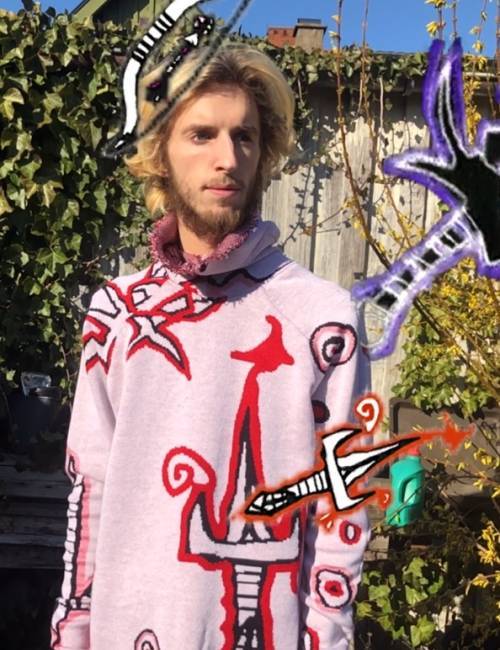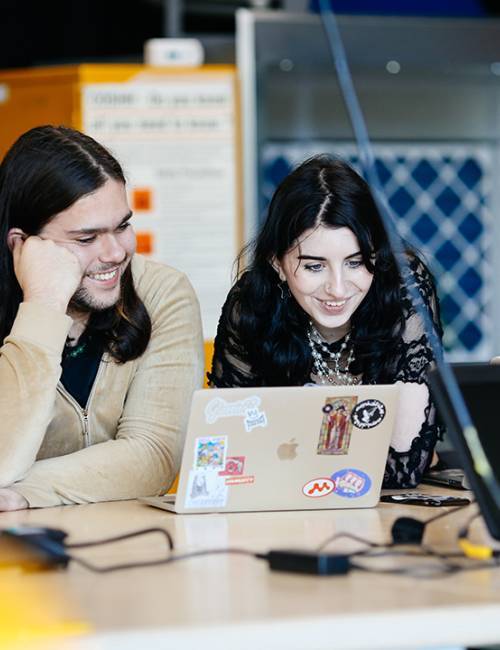Built for Industry: Sasha Djurkovic

Welcome to Built for Industry, a new written content series which will take a deep dive into the unique and longstanding relationship between Ravensbourne University London and the creative, technology and business sectors that shape the world around us.
In this regular series of interviews and blog posts, we’ll examine how Ravensbourne’s distinctive approaches to teaching and knowledge exchange cultivate a dynamic learning environment which addresses the current and future needs of industry.
From industry leaders to academic staff, students to Ravensbourne alumni, we’ll be exploring how ‘Built for Industry’ isn’t just a tagline, but a philosophy which permeates every aspect of the Ravensbourne experience.
For our first instalment, we spoke to filmmaker and Associate Professor in the Digital Film Production department Sasha Djurkovic about her upcoming documentary on former President of Yugoslavia Josip Broz Tito, her appearance at CPH:DOX and the industry insights she brings into the classroom.
Tell us about your documentary on Tito’s time as Yugoslavia’s President. What inspired you to create it?
The series about late Yugoslav president, Josip Broz Tito, has been commissioned by ARTE – a German/French broadcaster in cooperation with ORF – the Austrian broadcasters as well as HRT – the Croatian broadcasters. The production company that is producing the series, Look Films, is now in talks with RAI – the Italian broadcasters, so this is a truly pan–European series.
I have been commissioned to write it, produce it and direct it.
How do documentarians balance historical accuracy with an engaging narrative?
I can say that historical accuracy must be 100% otherwise the series loses its credibility. There are no ‘ifs’ and ‘buts’ there - it’s basic. The challenge is not to do an account of the events, but to tell the story. The mission is to understand people we are telling the story about and to examine their decisions – how and why something happened and how that translates into today’s world.
What are some of the challenges you faced when making the documentary, and how did you overcome them?
Each film I worked on has different set of challenges. For this series, the challenge is to make a story and characters we know very little about, modern and relevant. As Tito was a Yugoslav president during and after the Cold War, his story is very relevant today. The other challenge is to get all experts and witnesses on board and also to get all the archive footage. That is a long process that requires lots of negotiations and patience but also an understanding that you won’t get everything. So you’ve got to get creative and have fun as filmmaking is fun!
You are also delivering a masterclass at CPH:DOX (Copenhagen International Documentary Film Festival). How do you believe your industry insight benefits Ravensbourne students, and what do you think is the most valuable knowledge that professionals can share with students preparing for careers in documentary filmmaking?
Being an active filmmaker that visits festivals, listen to masterclasses, participate in discussions and industry bodies is so important.
Sasha quote

Everything I hear, learn, watch and try goes straight into a classroom so that my students get current, up-to-date information and knowledge that enhances their learning and also prepares them better for a life and work after Ravensbourne.”
The film and TV industry is changing so fast, so the students need to know what is going on.
How do you anticipate your documentary being received internationally and what lessons might Ravensbourne students learn about cultural context and audience reception from your experiences?
So apart from the three-part series, I will be editing a feature film that will hopefully be screened at the festivals where I would be able to gain more sense about audience engagement than from TV screens. I’m also hoping to screen the film to Ravensbourne students so they can learn how history tend to repeat itself and learn more about complex political figures that shaped the world we live in.



